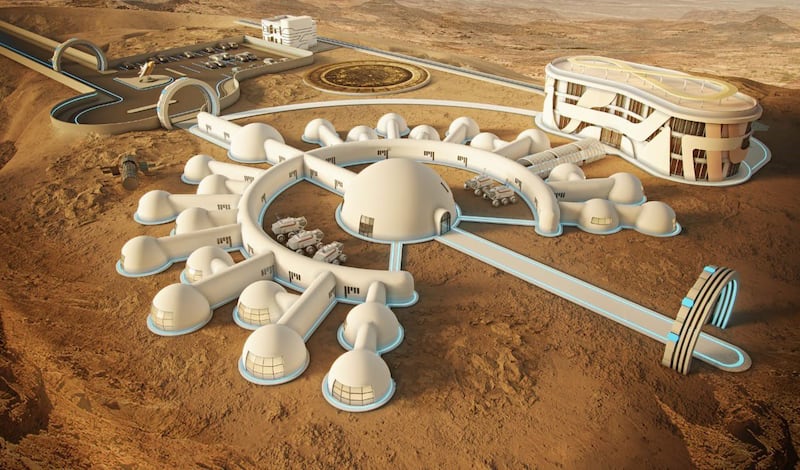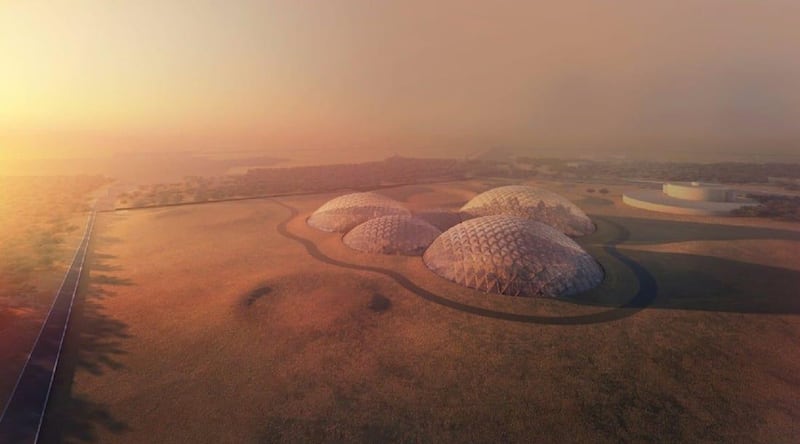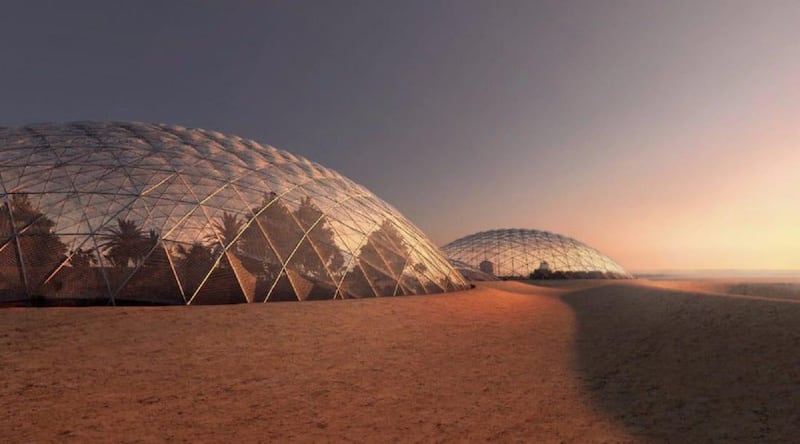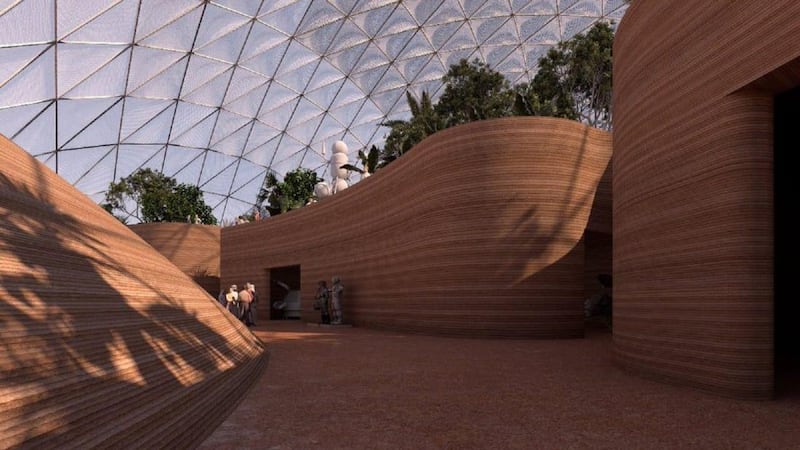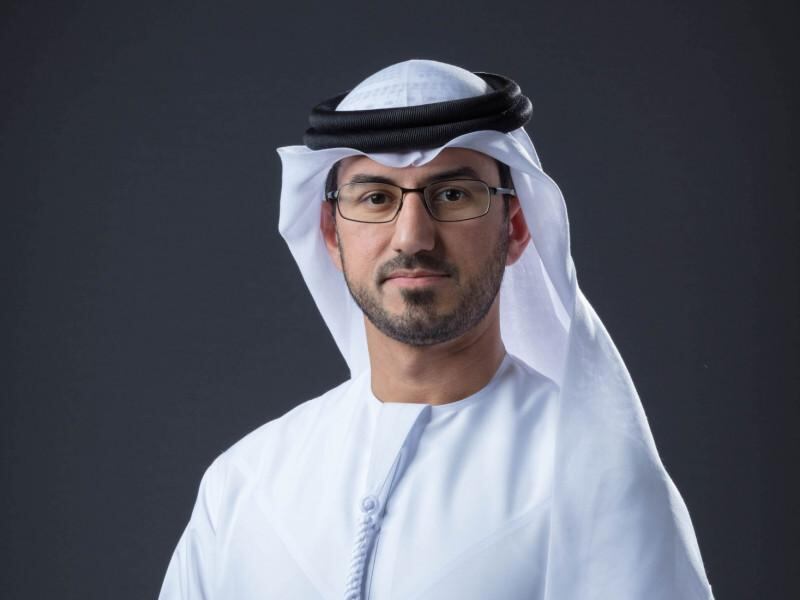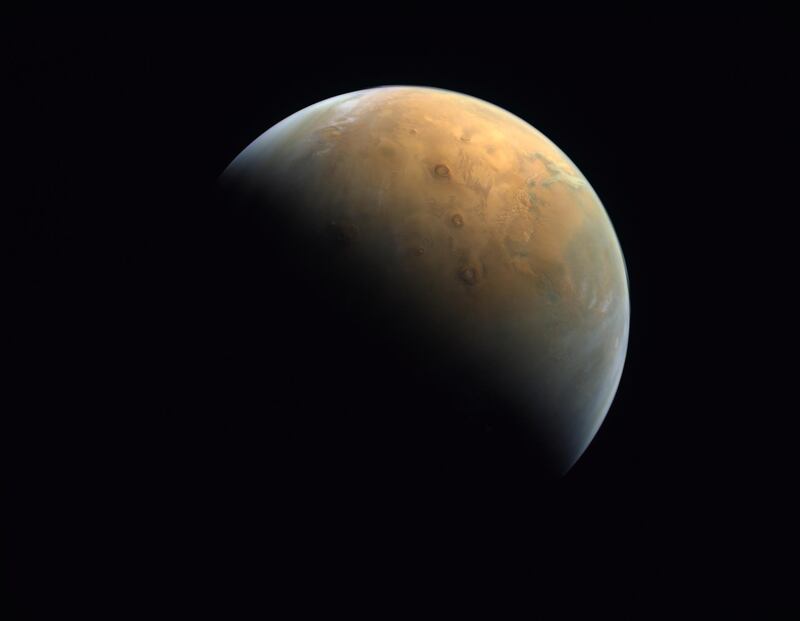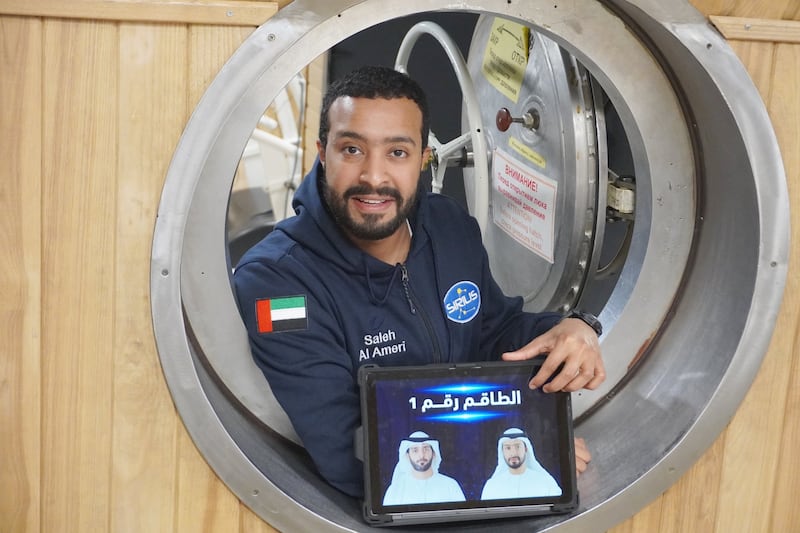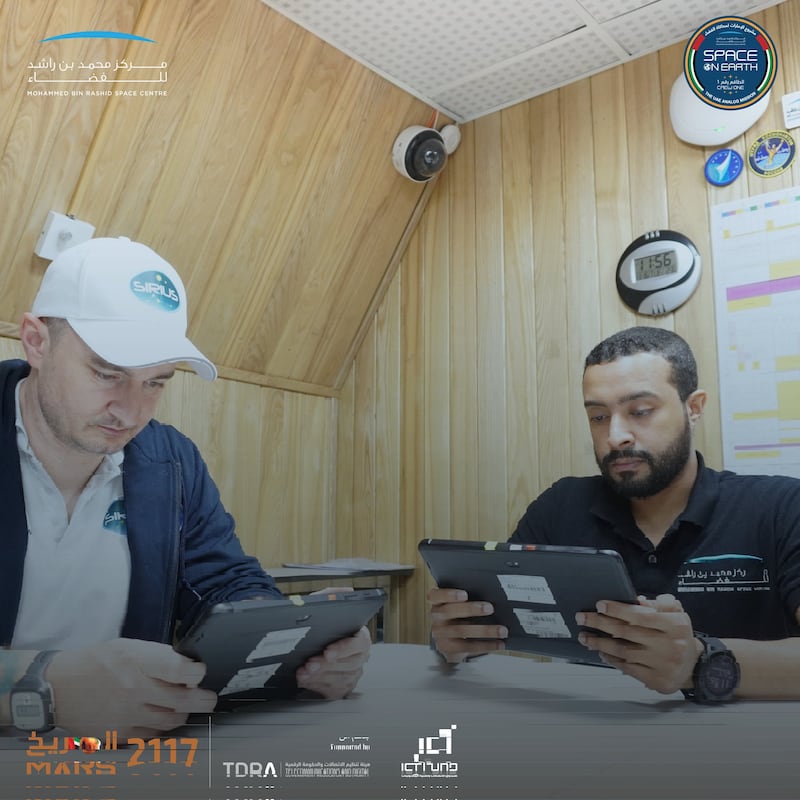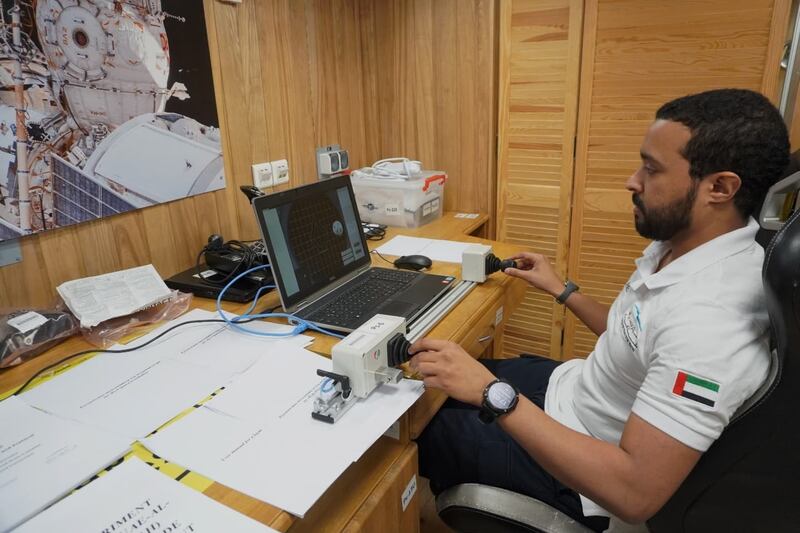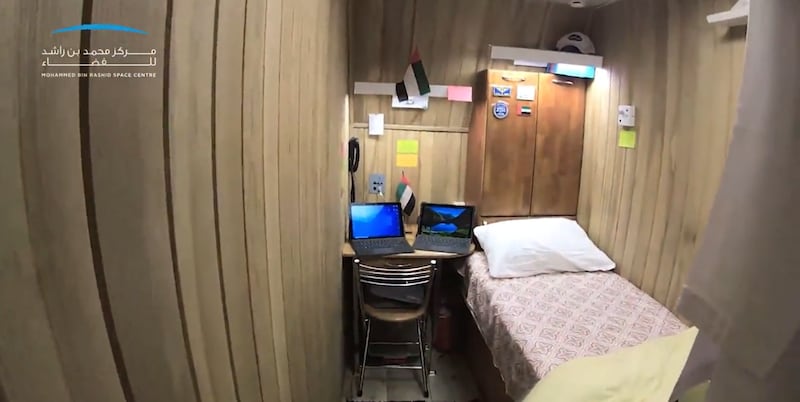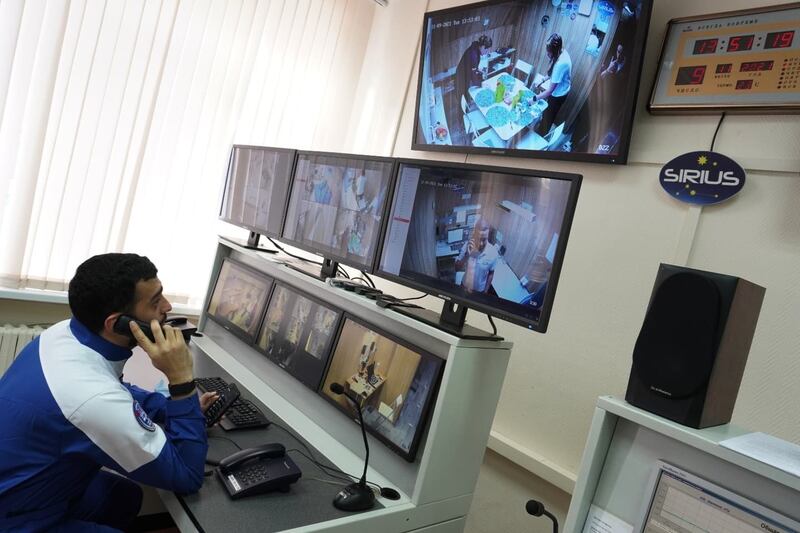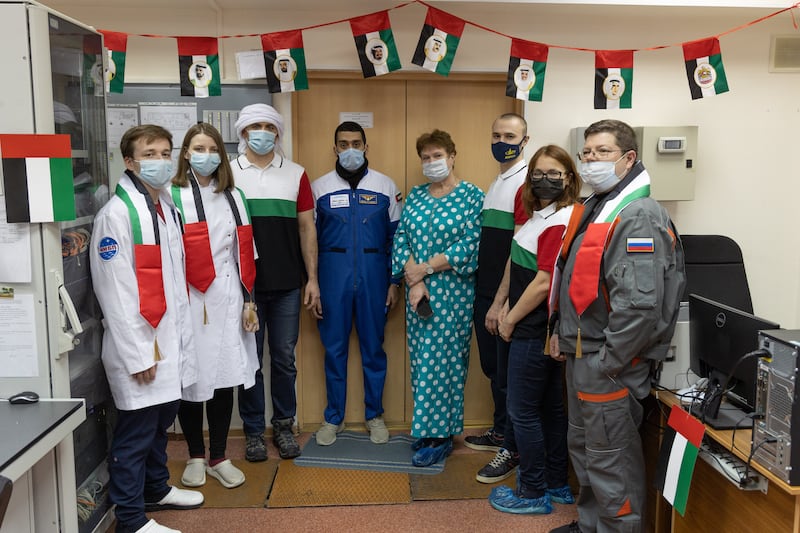Oman has announced plans to build a space research centre for simulation missions and science experiments.
A rendering of a futuristic type of habitat, called Space Settlement Centre, was revealed on Tuesday along with the announcement.
It will be built in the Artificial Intelligence Zone in the Duqm district, over an area of 20,000 square metres.
A land lease agreement was signed between the Public Authority for Special Economic Zones and Free Zones and Global Space and Technology Company.
Bahiya Al Shuaibi, founder of Oman’s Global Space and Technology Company, said the centre would help scientists to carry out research projects.
"The project aims to simulate a space environment to study the behaviour of astronauts before joining the actual astronaut flights,” she said.
“It will serve scientists, researchers and those interested in doing experiments in the space sector, artificial intelligence and advanced technology.”
The project will also help to establish training programmes with international institutions.
The timeline and cost of the project was not revealed.
The UAE announced plans to build a similar structure, called the Mars Science City, in 2017.
However, progress on the Dh500 million project slowed as the Mohammed bin Rashid Space Centre was trying to secure land.
Adnan Al Rais, project manager of Mars 2117 at the space centre, told The National last year that the land at the Dubai Academic City had finally been secured, and that construction would begin at the end of 2022.
Space habitats help researchers to carry out simulation missions, where volunteers live in isolation for days, weeks or months to perform a mock space mission ― also known as analogue missions.
This helps to measure the effects on their psychological and physiological health during isolation, research that could help astronauts who will one day go on long-duration space missions.
Saleh Al Ameri, an Emirati mechanical engineer, was the first Arab astronaut to complete an analogue mission.
He spent eight months in a Russian facility with an international crew of five.
With the UAE and Oman building space research centres with analogue facilities, it could help boost the space sector in the Middle East significantly, helping bring researchers from all over the world.
Currently, only a few space agencies, such as Nasa and Russia's Roscosmos have analogue facilities, while private players have carried out analogue experiments in places such as Greenland and Israel.
